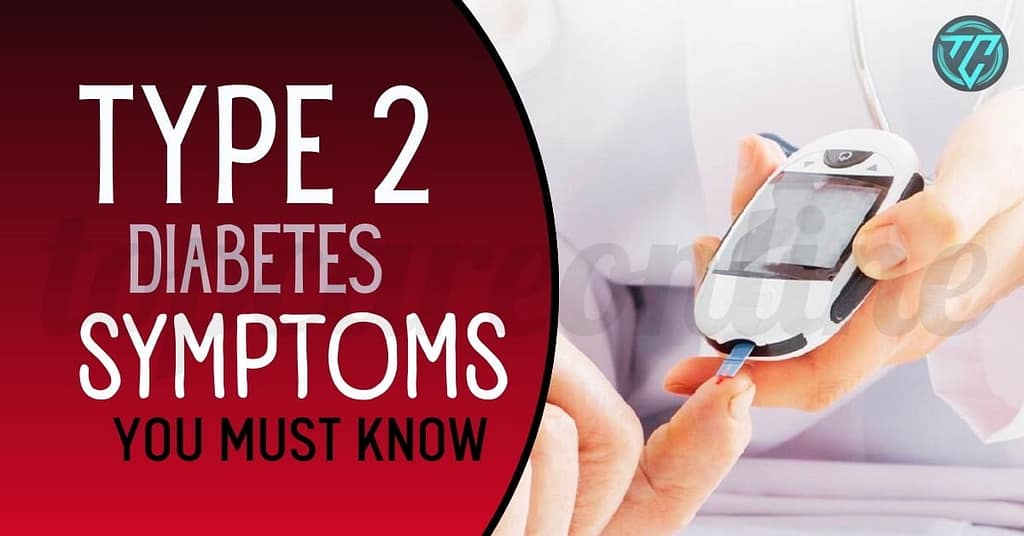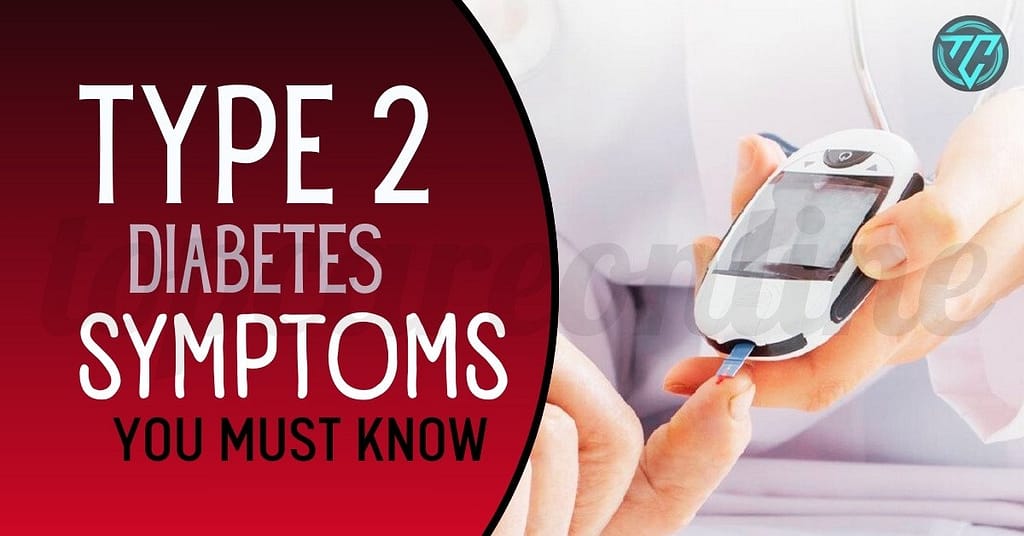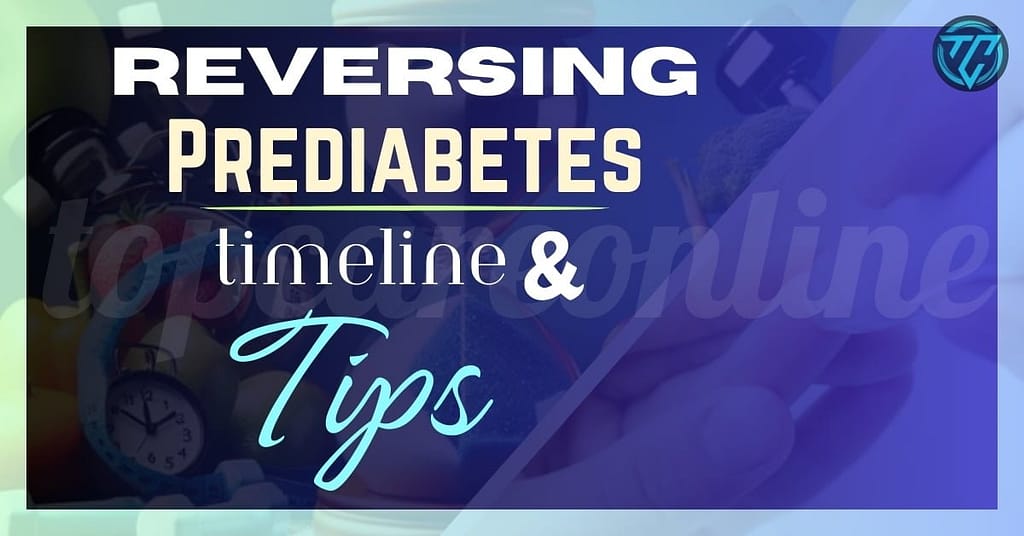Type 2 Diabetes | Can Type 2 Diabetes Be Reversed | Early Stages | Diet and Exercise | Weight Loss | Potential for Reversal | in Children | Without Medication | Permanently | Current Research and Future Directions | is it curable | Best way to reverse diabetes | Low-Carb, High-Fiber Diet | Intermittent Fasting
The quest for understanding Type 2 diabetes often leads to a pressing question: is it true that diabetes type 2 can be reversed? For those recently diagnosed or managing the condition, this question holds significant importance is type 2 diabetes reversible?
What Is Type 2 Diabetes?
Type 2 diabetes is a chronic condition characterized by insulin resistance and elevated blood glucose levels. Unlike Type 1 diabetes, where the body produces little to no insulin, Type 2 diabetes involves the body’s ineffective use of insulin. This condition develops over time and is influenced by a combination of genetic predisposition and lifestyle factors.
Learn About





Can Type 2 Diabetes Be Reversed?
The Concept of Reversal
The term diabetes type 2 is reversible means achieving normal blood glucose levels without the need for diabetes medications. While it may not be accurate to say that Type 2 diabetes can be entirely “cured,” many individuals have successfully managed their condition to the point where it is effectively in remission.
Is type 2 diabetes reversible in Early Stages
Yes, type 2 diabetes can often be reversed or significantly managed in its early stages through lifestyle changes such as improved diet, increased physical activity, and weight loss.
Is Type 2 Diabetes Reversible with Diet and Exercise?
Diet: Is type 2 diabetes reversible with diet? Research shows that specific dietary strategies can significantly impact Type 2 diabetes. A low-carb diet, which reduces the intake of sugars and refined carbs, helps in controlling blood glucose levels. Additionally, a Mediterranean diet, rich in healthy fats, whole grains, and vegetables, has also shown benefits. Intermittent fasting, which involves cycling between periods of eating and fasting, is another approach that has gained attention for its potential to improve insulin sensitivity.
Exercise: Regular physical activity is crucial for managing Type 2 diabetes. Both aerobic exercises (such as walking, running, or swimming) and resistance training (like weight lifting) contribute to improved insulin sensitivity and better blood sugar control. Aiming for at least 150 minutes of moderate-intensity exercise per week is typically recommended.
Type 2 diabetes reversible with Weight Loss
Weight loss plays a vital role in managing and potentially reversing Type 2 diabetes. Studies indicate that losing 5-10% of body weight can lead to significant improvements in blood glucose levels. Weight loss reduces the burden on insulin and helps the body use it more effectively. For those struggling with obesity, weight management is often a key component of diabetes reversal strategies.
Early Stages and Potential for Reversal
Early Diagnosis: The earlier Type 2 diabetes is diagnosed, the better the chances of achieving remission. Individuals diagnosed in the early stages can often manage their condition more effectively through lifestyle changes. Rapid intervention with diet and exercise can make a substantial difference in controlling blood glucose levels.
Read About
Is Type 2 diabetes reversible in Children
Type 2 diabetes is increasingly being diagnosed in children, particularly those with obesity. Early intervention with lifestyle modifications, including a healthy diet and regular physical activity, can help manage and potentially reverse the condition in some cases.
Read About
Is type 2 diabetes reversible Without Medication
While medications are essential for managing Type 2 diabetes in many cases, significant lifestyle changes can reduce or even eliminate the need for medication. Achieving normal blood glucose levels through diet, exercise, and weight management can sometimes lead to a reduced dependency on medication or even medication-free management.
Can type 2 diabetes be reversed Permanently
Type 2 diabetes can sometimes be put into remission through significant lifestyle changes, including weight loss, a healthy diet, and regular exercise. However, “permanent” reversal is not guaranteed, as the risk of relapse remains if these lifestyle changes are not maintained. Ongoing management and monitoring are typically necessary to sustain remission and prevent the return of symptoms.
Current Research and Future Directions
Ongoing research continues to explore new treatments and strategies for Type 2 diabetes. Innovations in genetics, personalized medicine, and lifestyle interventions are promising. Advances in understanding the disease at a molecular level may offer new pathways for effective management and potential reversal.
Type 2 diabetes: is it curable?
Currently, there is no diabetes mellitus type 2 cure, but it is a manageable condition with various strategies to control blood sugar levels effectively. Management often involves a combination of lifestyle changes, medication, and monitoring.
Best way to reverse diabetes
Adopting a Low-Carb, High-Fiber Diet
A low-carb diet can help manage and potentially reverse type 2 diabetes by stabilizing blood sugar levels, improving insulin sensitivity, and supporting weight loss. Focus on high-quality, low-carb foods like non-starchy vegetables, lean proteins, and healthy fats, while avoiding refined carbs and sugars. It’s important to monitor blood sugar levels and work with a healthcare provider to create a personalized, sustainable plan. Combining a low-carb diet with regular exercise and other healthy lifestyle habits can enhance overall results.
- Exercise: Regular physical activity, such as walking, swimming, or cycling, can improve insulin sensitivity and help control blood sugar.
- Weight Management: Losing excess weight can significantly improve insulin sensitivity and blood sugar control.
Intermittent Fasting diabetes 2
Intermittent fasting (IF) can be beneficial for managing type 2 diabetes by improving insulin sensitivity and aiding weight loss. IF involves cycling between eating and fasting periods, which can help reduce overall calorie intake and promote better blood sugar control. Common approaches include the 16/8 method (fasting for 16 hours and eating within an 8-hour window) or alternate-day fasting.
2. Medication: If lifestyle changes alone aren’t enough, doctors may prescribe medications to help control blood sugar levels. These can include oral medications or, in some cases, insulin.
3. Monitoring: Regular blood sugar monitoring is crucial to track how well your management strategies are working and to make necessary adjustments.
4. Medical Procedures: In some cases, bariatric surgery has been shown to improve blood sugar control in people with type 2 diabetes, especially if lifestyle changes and medications are not effective.
So type 2 diabetes is it curable ?
No. to manage it’s essential to work closely with a healthcare provider to develop a personalized plan that fits your needs. While there’s no cure yet, effective management can lead to a healthy and fulfilling life.
By adopting strategies, individuals can work towards effectively managing their condition and potentially achieving remission.





